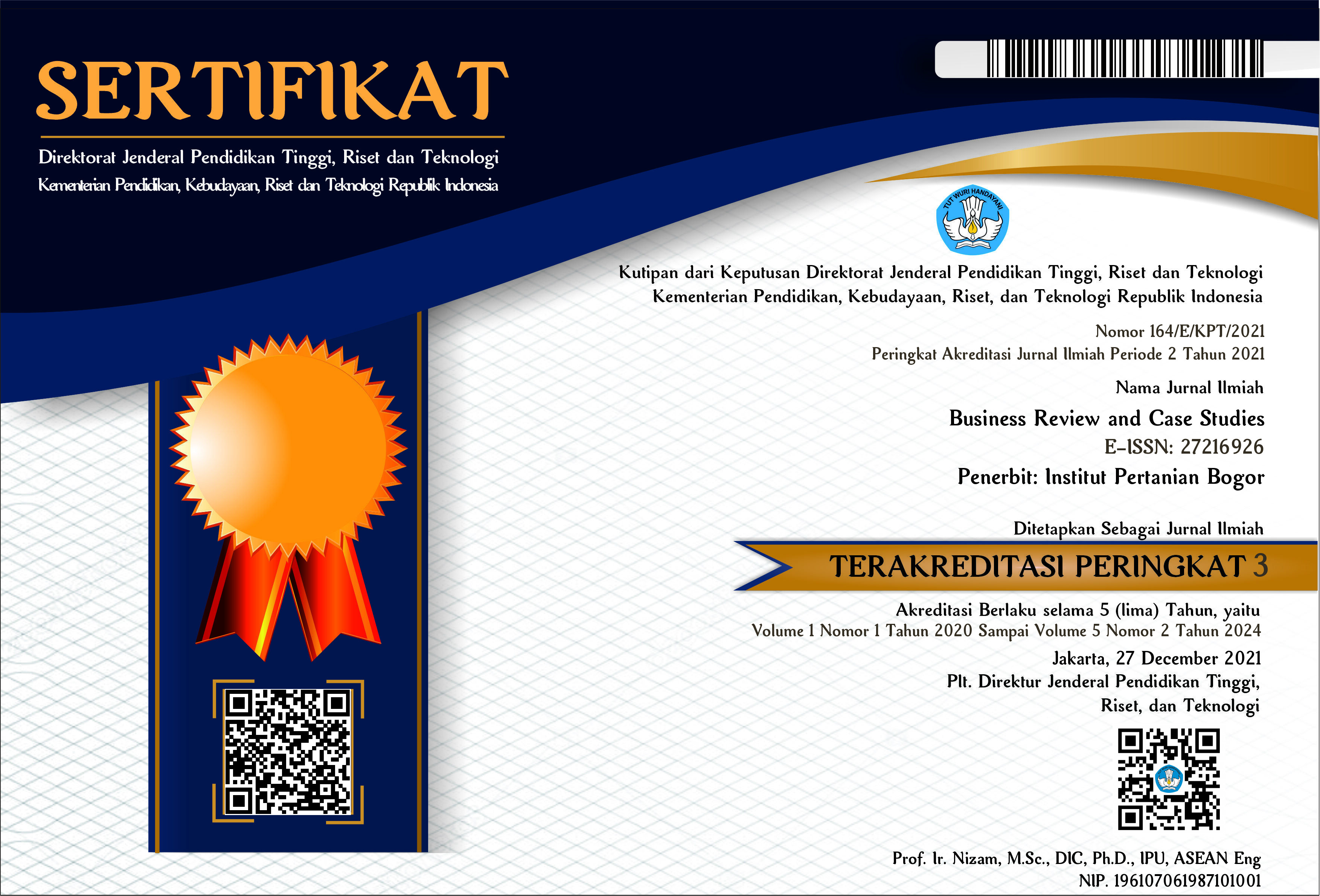Indonesian Agricultural Sector Regional Value Chain in Regional Comprehensive Economic Partnership (RCEP)
Abstract
Global value chains (GVC) were a phenomenon of production of goods or services that involved various countries acting as providers of raw materials, intermediate products, and finished goods. There was a GVC concept with a more specific scope, namely the Regional Value Chain (RVC). This concept was carried out by countries that had regional cooperation. ASEAN countries and several partner countries had a new regional cooperation agreement, namely the Regional Comprehensive Economic Partnership (RCEP). The presence of the RCEP agreement opened opportunities for Indonesia to contribute. Various production chains could be created. Longer production chains allowed the distribution of benefits from GVC to be uneven in each country. This needed to be watched out for, so it was necessary to conduct research on whether Indonesia's participation in the agricultural RVC of the RCEP region provided benefits for Indonesia or not. The type of data used in this research was secondary data in the form of cross-section data, consisting of the Inter-Country Input Output (ICIO) table sourced from the OECD, which was released in 2021. This research used input-output table methods and backward linkage and forward linkage methods of a country's sector (Indonesia and RCEP partners) so that its position in the RCEP production chain and the world could be known. The result was that Indonesia acted as a provider of raw materials in 21 types of RCEP industries. RCEP provided value added to Indonesian agriculture.
Keywords: global value chain (gvc), inter-county input output table (ICIO), regional value chain (rvc), regional comprehensive economic partnership (rcep)







.jpg)






